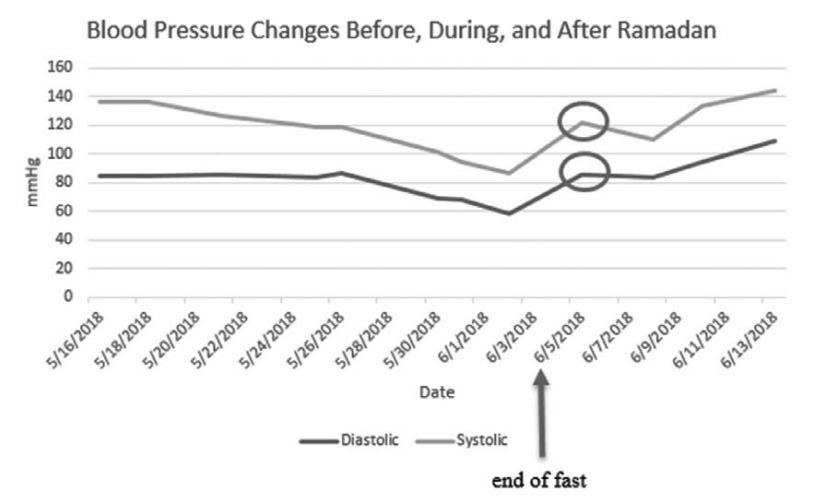Introduction
Ramadan, the ninth month of the Islamic lunar calendar, is observed by Muslims worldwide as a period of fasting, prayer, reflection, and community. While primarily a religious practice, fasting during it has profound psychological implications, influencing emotional regulation, mental resilience, self-control, and social connectivity.

Read More- Sleep and Mental Health
1. Emotional Regulation and Psychological Well-being
Fasting during it encourages self-restraint and mindfulness, which can foster emotional stability. A study published in The Egyptian Journal of Neurology, Psychiatry and Neurosurgery observed that fasting is often accompanied by increased alertness, improved mood, and enhanced subjective well-being (Elsaid et al., 2023).
Moreover, the structured routine and spiritual focus of it contribute to a sense of purpose and emotional balance. Engaging in acts of worship and charity during this month has also been shown to enhance subjective well-being and overall happiness (Zouhal et al., 2024).
2. Self-Control and Cognitive Benefits
The practice of fasting requires significant self-discipline, as individuals abstain from food, drink, and other indulgences from dawn to sunset. This exercise strengthens self-regulation and impulse control, which are crucial components of psychological resilience. Research suggests that intermittent fasting, including fasting, may enhance cognitive function by improving focus and decision-making abilities (Elsaid et al., 2023).
Additionally, the mindfulness associated with fasting helps individuals become more aware of their thoughts and emotions, potentially reducing anxiety and improving mental clarity (Zouhal et al., 2024).

3. Empathy and Social Connection
It emphasizes community and shared experiences, such as breaking the fast (iftar) and nightly prayers (Taraweeh). These communal activities foster stronger social bonds and a sense of belonging. The act of fasting also increases empathy for those who experience hunger daily, encouraging acts of charity and social responsibility.
A study published in Frontiers in Nutrition highlighted that fasting is associated with improvements in mental health, fatigue, and quality of life (Zouhal et al., 2024).
4. Personal Narratives: Psychological Strength in Ramadan
Personal accounts often highlight increased psychological resilience during Ramadan. For example, former professional footballer Kolo Touré mentioned that fasting during his playing career made him feel “psychologically stronger” and “even fitter” (Zouhal et al., 2024). Such narratives underscore how the discipline and self-control exercised during Ramadan can enhance mental toughness, even in demanding environments.
Conclusion
Ramadan serves not only as a period of religious observance but also as an opportunity for personal growth and psychological development. The practices of fasting, prayer, and reflection can enhance emotional regulation, self-discipline, empathy, and social connectivity. While challenges such as altered sleep patterns exist, mindful management of these aspects can help individuals reap the mental health benefits that Ramadan offers.
References
Elsaid, A., Abuzaid, H., & Ramadan, A. (2023). Effects of Ramadan fasting on mental health and well-being: A neurological perspective. The Egyptian Journal of Neurology, Psychiatry and Neurosurgery, 59(1), 1-10. https://doi.org/10.1186/s41983-023-00623-9
Zouhal, H., Bagheri, R., Triki, R., Saeidi, A., Wong, A., Hackney, A. C., & Ben Abderrahman, A. (2024). Effects of Ramadan intermittent fasting on mental health, fatigue, and quality of life: A systematic review. Frontiers in Nutrition, 11, 1298281. https://doi.org/10.3389/fnut.2024.1298281
Bahammam A. Sleep pattern, daytime sleepiness, and eating habits during the month of Ramadan. Sleep and Hypnosis. 2003;5:165–74.
Subscribe to PsychUniverse
Get the latest updates and insights.
Join 3,044 other subscribers!
Niwlikar, B. A. (2025, March 30). Ramadan & Mental Well-being- 4 Powerful Ways Fasting Transforms Your Mind. PsychUniverse. https://psychuniverse.com/ramadan-and-mental-health/



